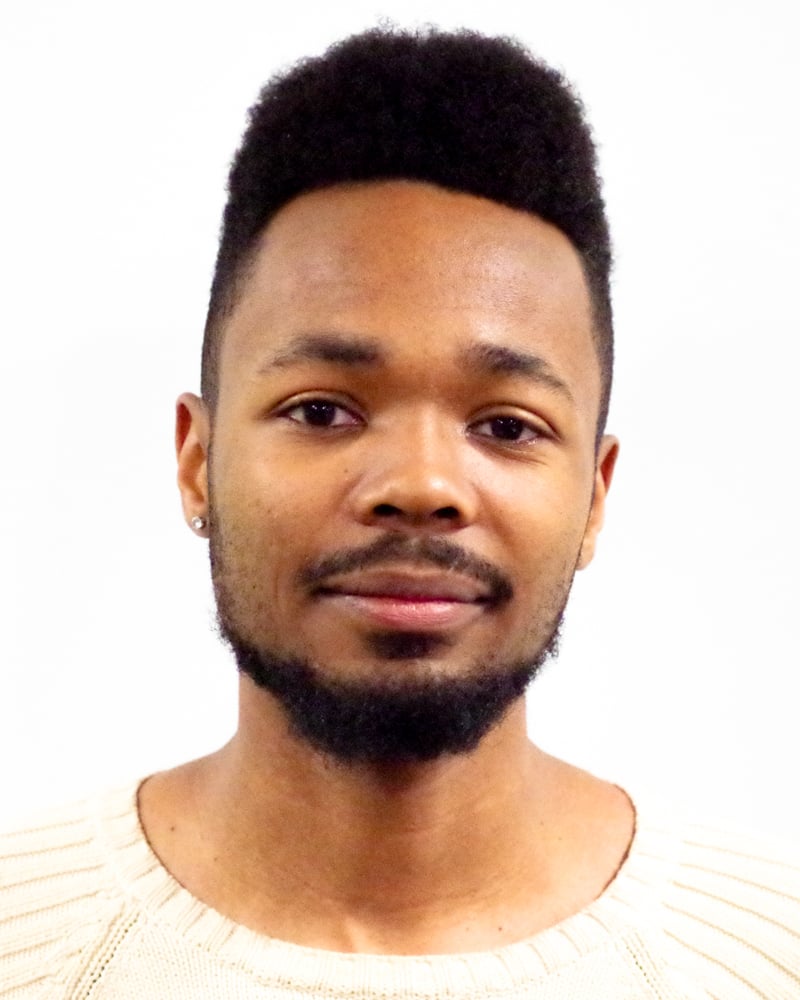“I will never forget the first time they passed the feeding tube up my nose. I can’t describe how painful it is to be force-fed this way. As it was thrust in, it made me feel like throwing up. I wanted to vomit, but I couldn’t. There was agony in my chest, throat and stomach. I had never experienced such pain before. I would not wish this cruel punishment upon anyone.”
These words come from Samir Naji al Hasan Moqbel, one of 166 Guantanamo Bay detainees. As of last Wednesday, Moqbel and 102 of his fellow detainees – or over two-thirds of the 166 political prisoners in Guantanamo Bay detention camp – have been on a hunger strike for over 100 days. The United States is force-feeding 31 of these men in a process that the United Nations considers a “clear form of torture.”
Last week, I joined students across campus and concerned people around the country in a 24-hour solidarity fast with hunger-striking political prisoners in Guantanamo Bay. Ten student groups, including Stanford NAACP, MEChA, Stanford Asian American Activism Committee, Students for Palestinian Equal Rights, Students for Queer Liberation and Stanford Labor Action Coalition endorsed Stanford’s participation in this larger action.
While I attended the opening rally for the solidarity fast last Thursday evening, I was too hesitant to offer off-the-cuff remarks. I use this week’s column to share some of the thoughts that were on my mind.
Without speaking for any of the endorsing groups, I imagine that we all participated in this solidarity fast largely because we recognize the commonalities between the issues our respective communities face and the plight of the 166 captives of the United States.
The same state that detains and tortures hundreds of men in sheer disregard for international law incarcerates and disenfranchises millions of its citizens in prisons around the country. The same state that facilitates these violations of international law on land that does not belong to it imposes harsh border control tactics on both sides of a border (a border of land that also does not belong to it). The same state that detains people indefinitely without charge funds billions of dollars to a military regime that detains thousands of men, women and children indefinitely. The list goes on.
Beyond demanding an end to these inhumane policies and condemning our peers for their silence or ignorance, I hope we can unite around our shared values and experience to create a society that, to paraphrase Dr. King, can be at peace with itself and live with its own conscience.
Though our actions are largely symbolic, I hope they represent the potential for unity among groups representing vast segments of our society to create a world that prevents the tyranny of any state actor against any group of people.
To close, I present some information I learned from a handout during the rally, courtesy of the Center for Constitutional Rights:
779 men have been held in Guantanamo since 2002.
All of the men who have been held in Guantanamo are Muslim.
604 men have been transferred from Guantanamo, leaving 166 prisoners remaining .
86 of these men have been cleared for release from the prison, but remain in detention.
46 are slated to be detained indefinitely as the U.S. government claims they cannot be released or prosecuted.
At least 22 men were under the age of 18 when they were captured.
Most men have been held in Guantanamo for 10 years or more.
0 senior government officials have been held accountable for human rights abuses in Guantanamo Bay.
Join the movement. Email Kristian at [email protected].
